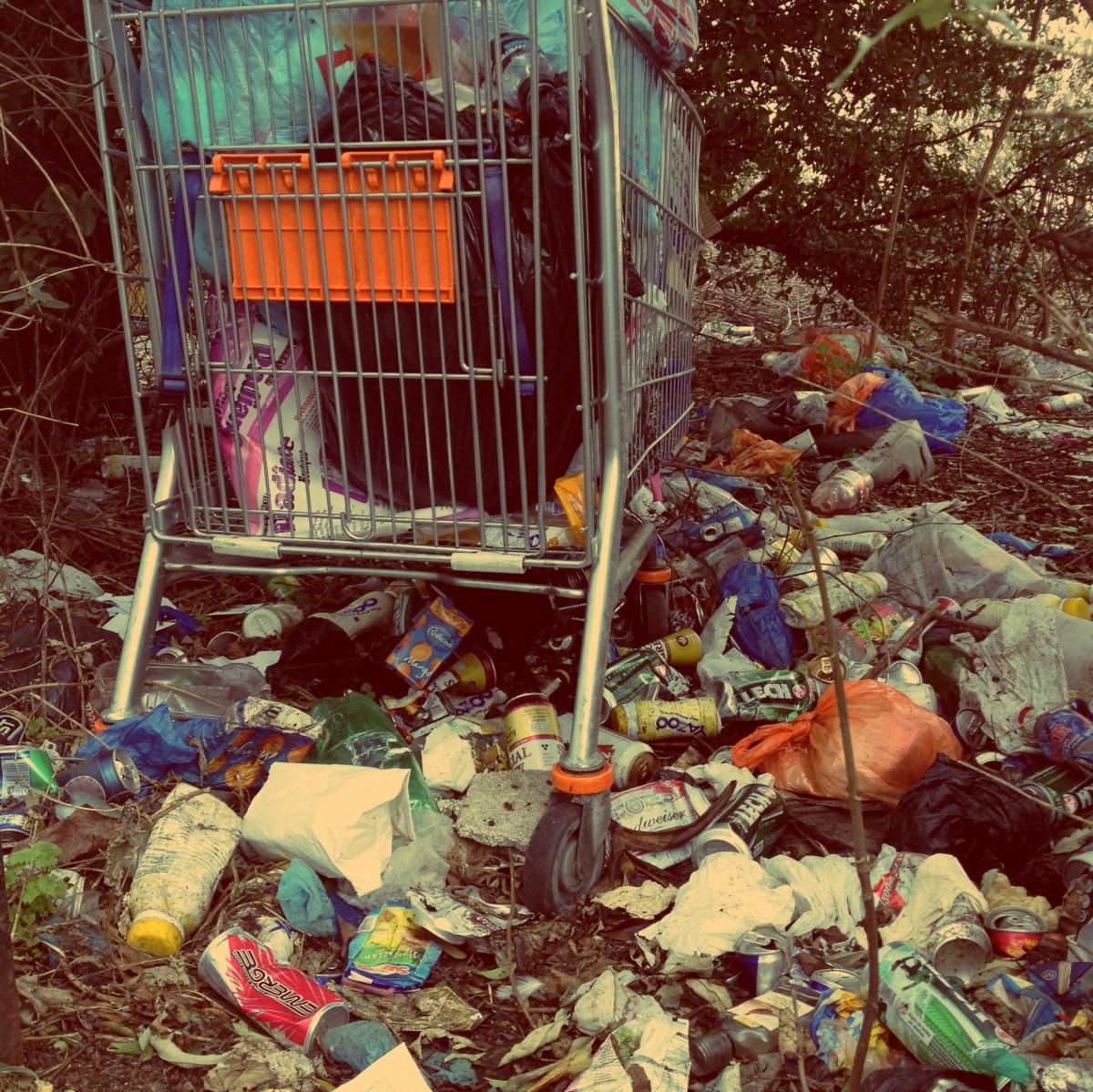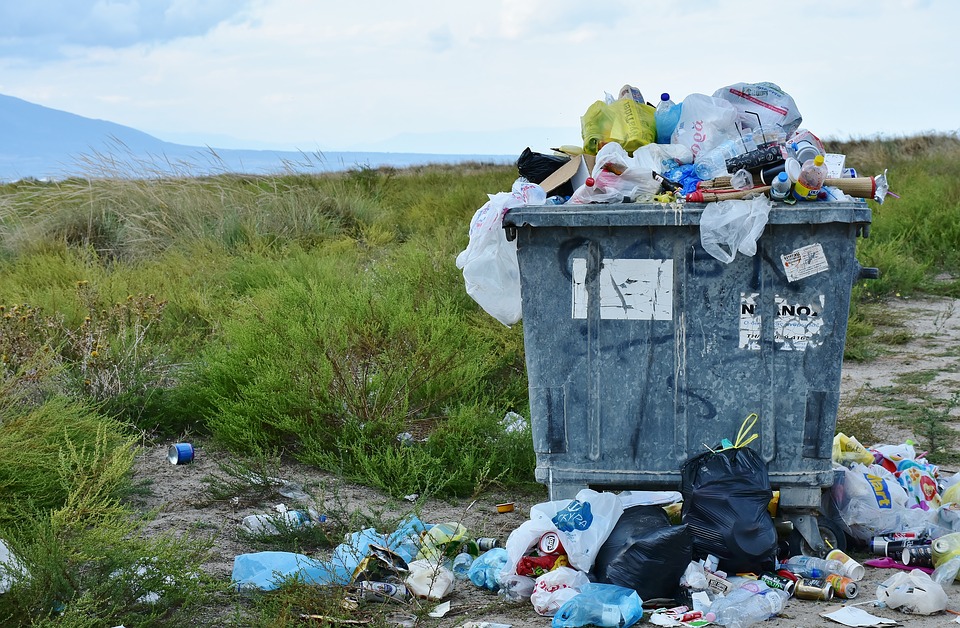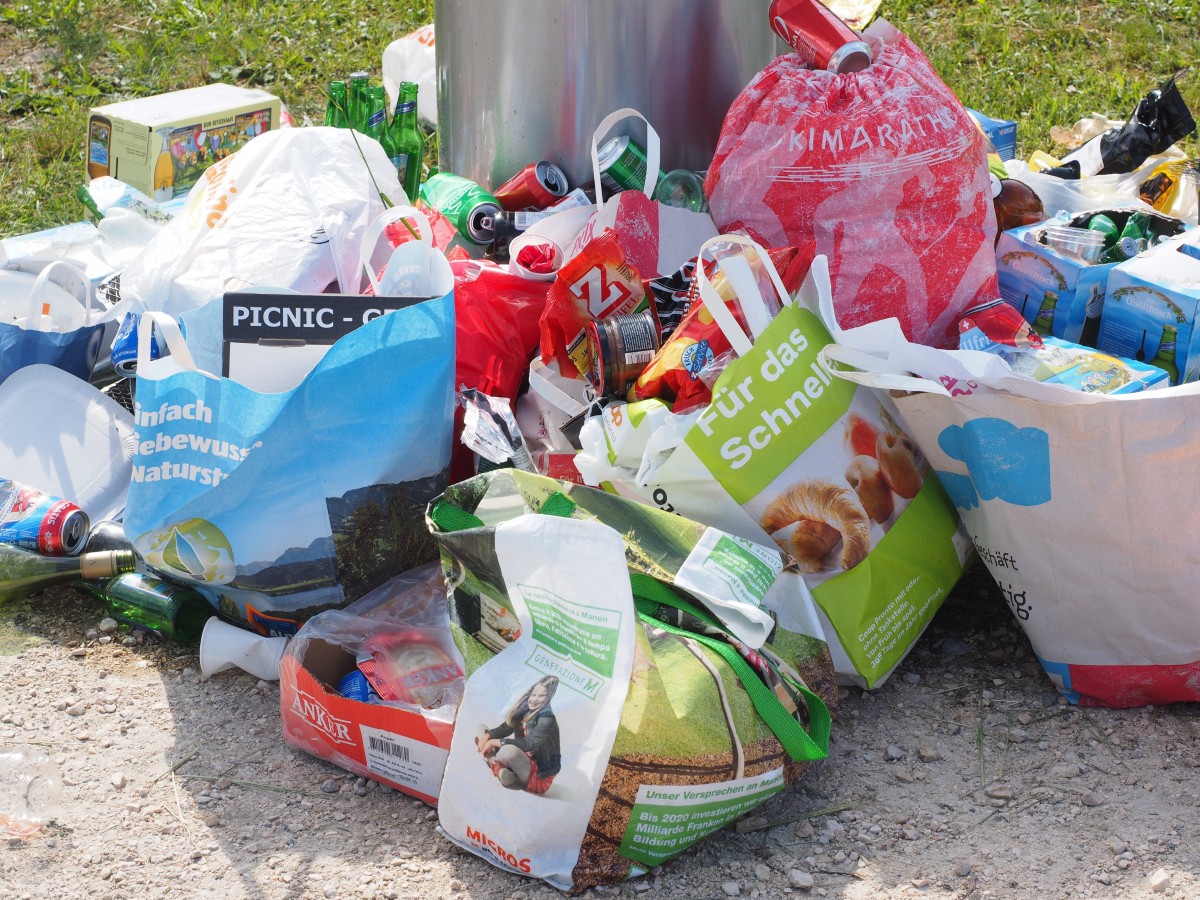Contents
- Refuse what you don’t need
- Reduce what you need
- Reuse what you can
- Recycle when you have no choice
- Compost everything you have left
- Recycling and recovery
The average person produces 374 kg of waste per year… This waste is expensive, and this will undoubtedly be more and more true in the future. However, it is possible to avoid generating waste, as one American family has done, producing only one liter of waste per year and reducing its expenses by 40% in one year.
A motto for a more environmentally friendly and less expensive life would thus be: Refuse, reduce, reuse, recycle, and compost.
1. Refuse what you don’t need
Unwanted mail, gifts: most of these items are unnecessary and, more importantly, create new demand. Breaking this cycle avoids contributing to the production of more advertising.
2. Reduce what you need
The average household only uses 20% of its stuff, so you can donate anything you don’t use when moving.
Household cleaning is done with soap and white vinegar, washing with a soap bar.
You can make your foundation using cocoa powder.
This smaller amount of personal belongings also makes it easier for the little family to rent their home when they vacation.
3. Reuse what you can
Buying second-hand and using reusable products instead of disposable ones can drastically reduce waste:
- Tea towels replace paper towels;
- glasses replace disposable cups;
- food is bought in bulk to avoid unnecessary packaging;
- fresh produce is transported in glass jars.
Good to know: certain single-use plastic products, including cups sold in batches, are banned from sale. A single-use plastic product is made entirely or partially of plastic and is not designed, created, or marketed to be reused for the same purpose for which it was intended.
4. Recycle when you have no choice
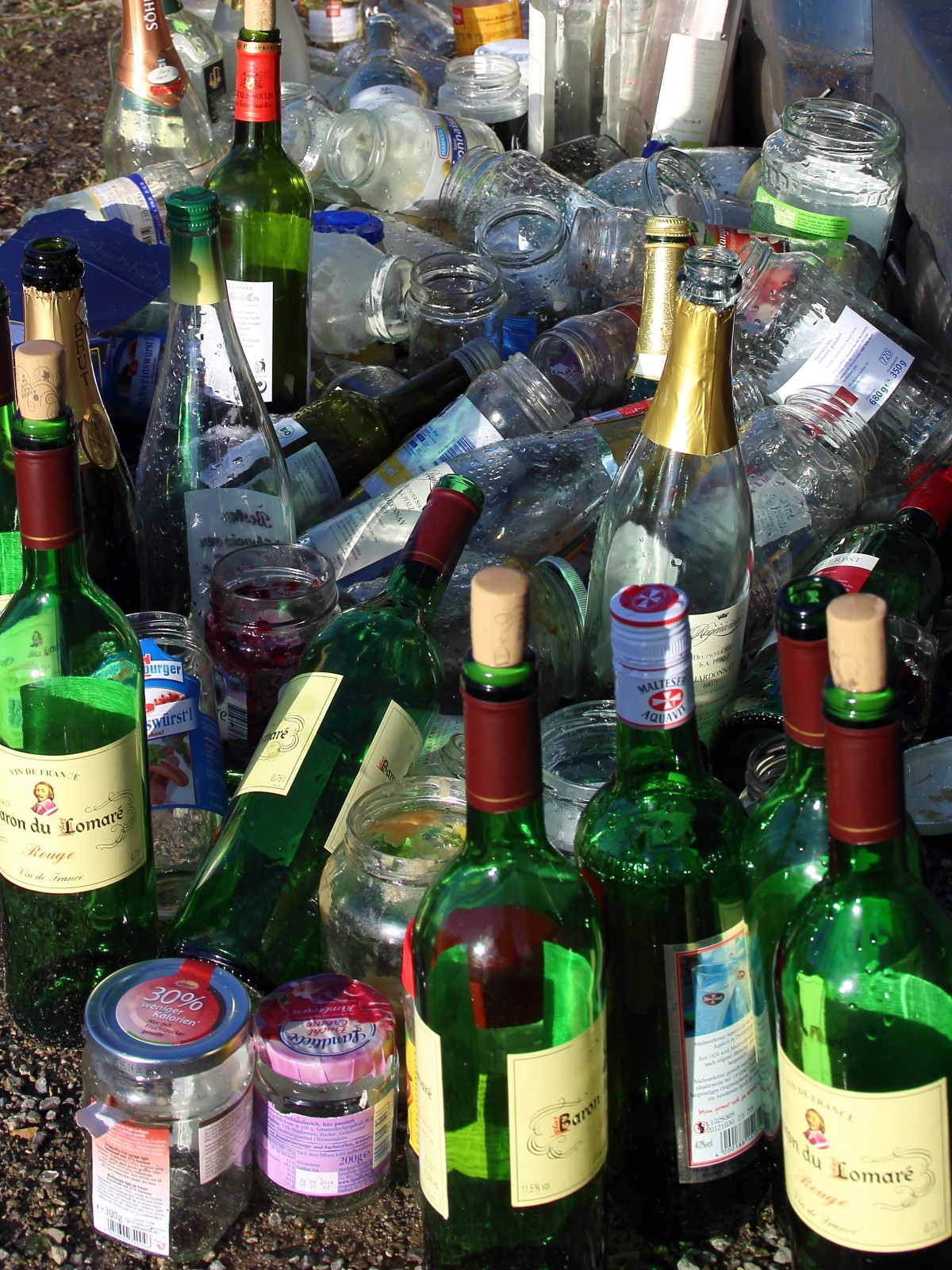
Printing handouts of your children’s classes on both sides or recycling glass bottles such as wine or lemonade also helps reduce waste.
5. Compost everything you have left
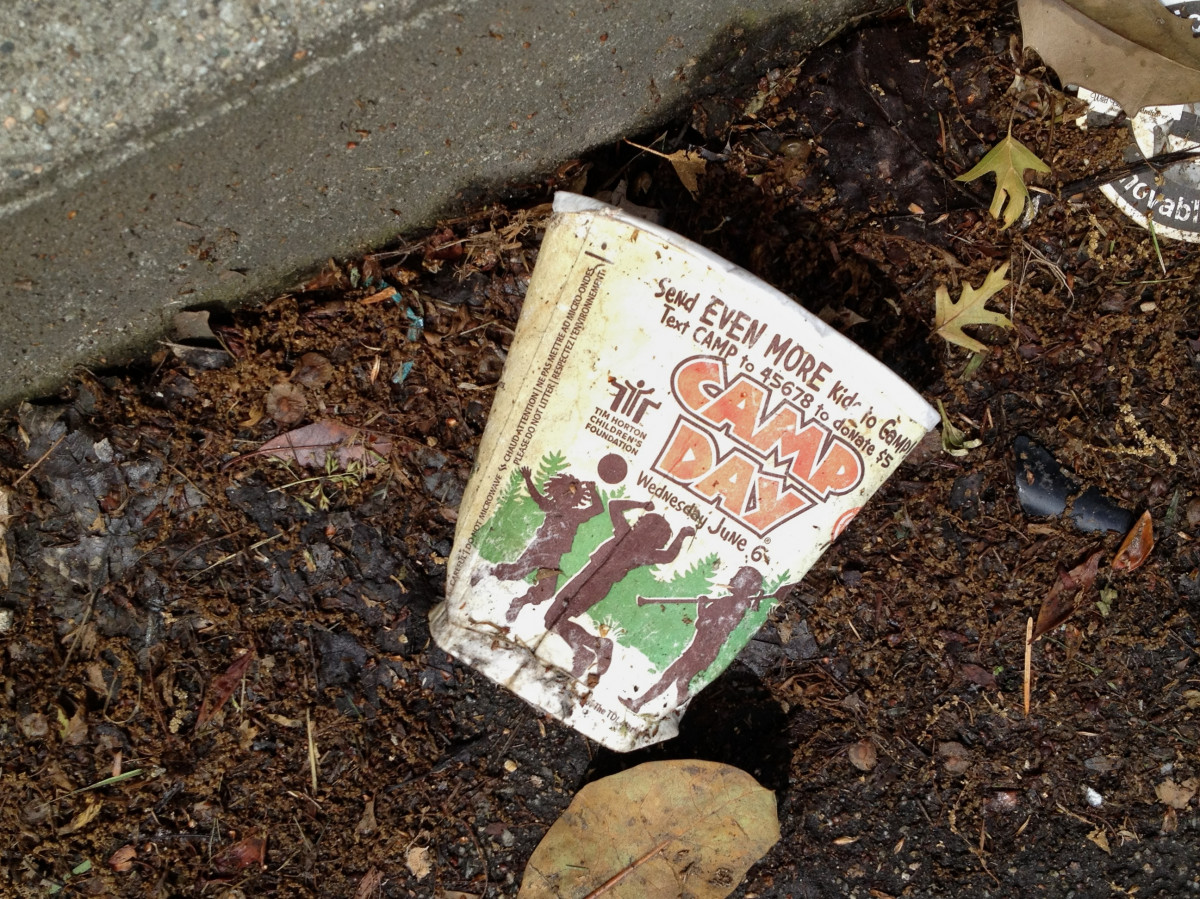
Composting can reduce the waste left over after selective sorting by about half. Fruit and vegetable peelings, dryer peelings, fingernail and hair clippings, dust: all of these elements lighten your garbage can and reduce the consumption of garbage bags and the need for garbage pickup.
6. Recycling and recovery
Regarding recycling and recovery, there are alternative solutions that give a second life to waste without having to transform the material.
Recovering furniture: economical and original
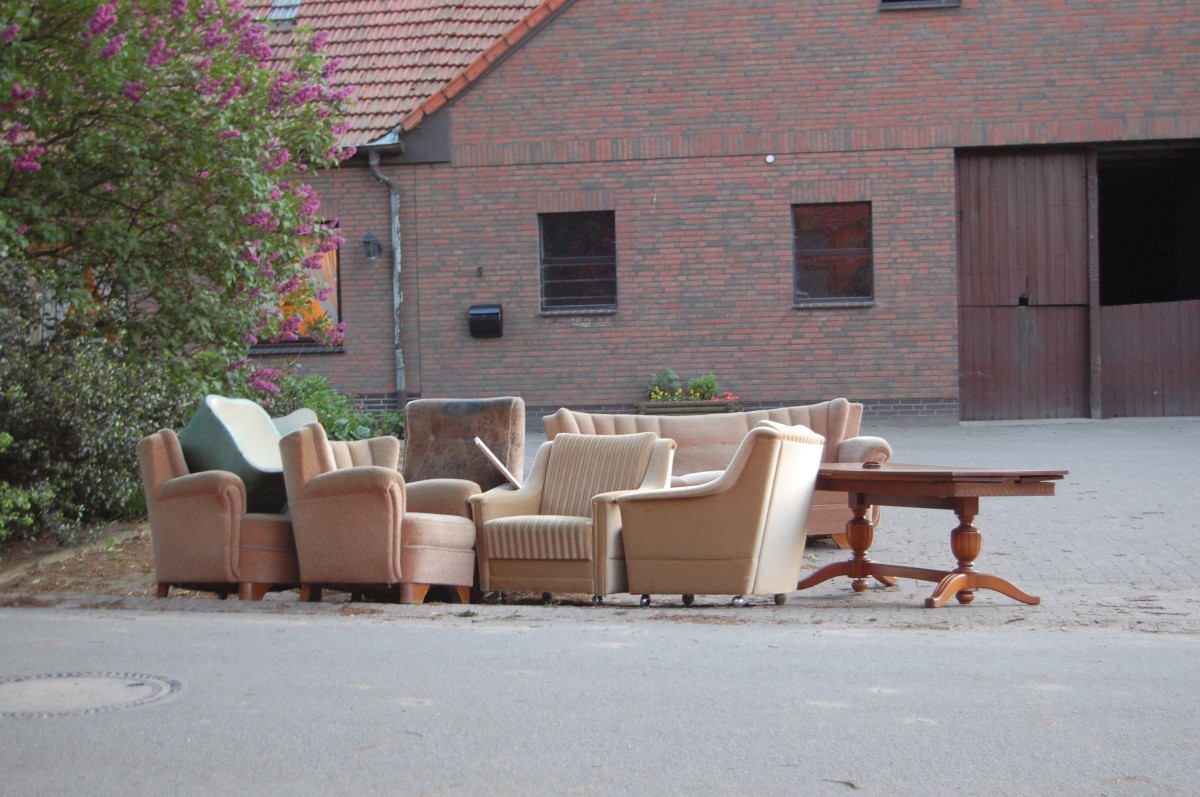
Flea markets, flea markets, and other garage sales are full of old furniture that, once restored, is aesthetically pleasing and sturdy.
Creative hobbyists, woodworkers, and designers regularly hunt for rare gems for a pittance. Individuals repair furniture for their use. Professionals resell their creations, a voluntary and responsible recycling approach.
Recycling and recovery of materials
By digging in his garbage, the consumer often finds valuable materials. He can use them to make other furniture or serve as a disposable objects. In any case, the recovery of materials allows for realizing excellent savings.
Read more:
– The three core environmental protection efforts;
– Eco-friendly Construction – Advantages of Green Building;
– How to Get USDA Organic Certification;
– FAQs about Cooking Oil Recycling;
– Why are Bees Important to our Planet;
– A Guide to Using Plastic Containers;
– Ecologist Until Death? Choose the Cardboard Casket for Your Funeral!
– Advantages and limitations of Cardboard Caskets;
– The Causes of Humidity and Its Consequences on Our Health;
– Environmental Aspects of Ecological Renovation;
– Read This Before Considering Renewable Energy At Home!
